The Suicide Squad more or less abandons preexisting DCEU continuity, but is infinitely better off for it. Taking even the most cursory of glances toward Camp DCEU, it quickly becomes clear that the franchise is several logs short of a full cabin. A divisive start with Man of Steel and Batman V Superman: Dawn of Justice saw Warner Bros. lose faith in the original plan and make sweeping changes to both 2016’s Suicide Squad and 2017’s Justice League. To say that decision backfired would be a drastic understatement, as legions of fans forced the release of Zack Snyder’s Justice League and continue to campaign for David Ayer’s cut of Suicide Squad.
Since then, critical reception (if not box office) has improved somewhat, but the DCEU no longer stands firm as an interconnected movie sandbox. More recent efforts such as Shazam, Wonder Woman 1984 and Birds of Prey all told standalone stories, while Joker and The Batman take place in different universes entirely. James Gunn’s The Suicide Squad, however, represents a curious blend of both.
On one hand, Margot Robbie (Harley Quinn), Joel Kinnaman (Rick Flag), Jai Courtney (Captain Boomerang) and Viola Davis (Amanda Waller) all return from the 2016 film, and James Gunn confirms his sequel exists as an isolated story within the DCEU. On the other, The Suicide Squad draws nothing from previous DCEU movies (aside from Harley’s emancipation, which happens in the comics anyway) and actually seems to contradict established continuity with Bloodsport’s backstory, which is all but impossible to reconcile with Batman V Superman. But the proof is in the starfish-shaped pudding, and The Suicide Squad more than justifies keeping DCEU continuity at arm’s length.
How The Suicide Squad Could Have Connected More With The Wider DCEU
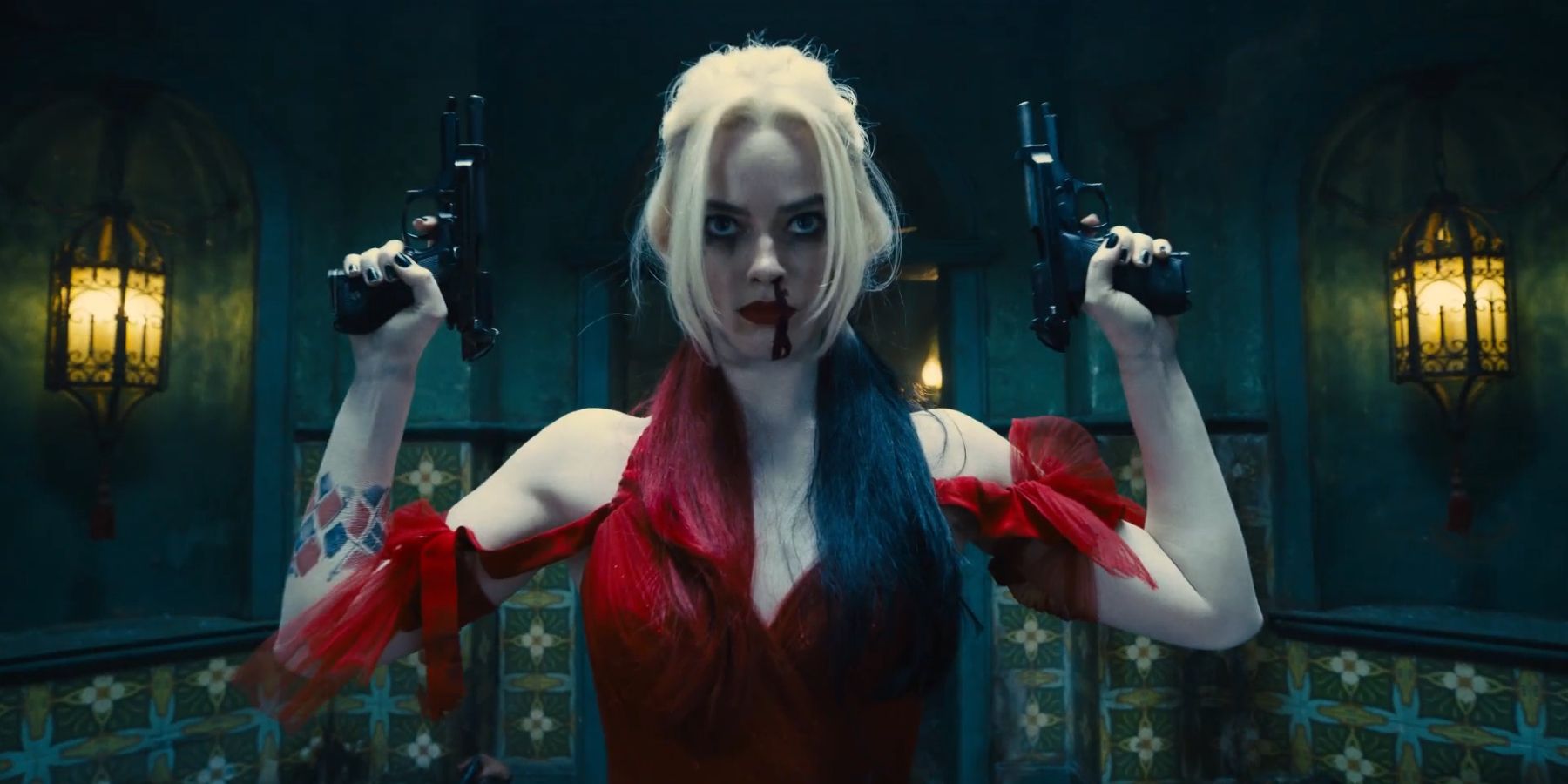
Watching The Suicide Squad, you’d be forgiven for not realizing James Gunn’s movie is part of a larger series comprising 10 releases and a Snyder cut. That’s exactly what the director was aiming for, but there are plenty of ways The Suicide Squad might’ve connected to past entries, had Gunn been so inclined…
Amanda Waller shut down Task Force X because Ben Affleck’s Bruce Wayne not-so-subtly warned her off the idea, and while this goes unaddressed in The Suicide Squad, Viola Davis’ character could have revealed why the program restarted. Quinn, Flag and Boomerang all obviously know each other from past missions, but their interactions don’t reference 2016’s Enchantress ordeal directly, which is odd since June Moone is Flag’s girlfriend. Conversations between the returning trio might’ve also explained the mysterious absences of Deadshot and Katana – beyond Will Smith being busy and Suicide Squad misusing Katana so badly no one remembered she actually survived.
Similar to how 2016’s Suicide Squad showed Batman grappling with Joker, The Suicide Squad could’ve flashed-back to Bloodsport’s attempted assassination of Superman – or at least confirmed it was Henry Cavill’s DCEU Kryptonian taking the bullet. Then when the Justice League apparently deem a giant rampaging alien starfish unworthy of their attention, Amanda Waller could’ve explained why the heroes weren’t available, à la Nick Fury’s “off-world” excuse in Spider-Man: Far From Home.
With The Suicide Squad ignoring potential DCEU links harder than the original movie ignored Rick Flag’s sword-wielding sidekick, James Gunn evidently made a conscious decision to separate his movie from the pack, but to what end?
DCEU Canon Comes With Too Much Baggage
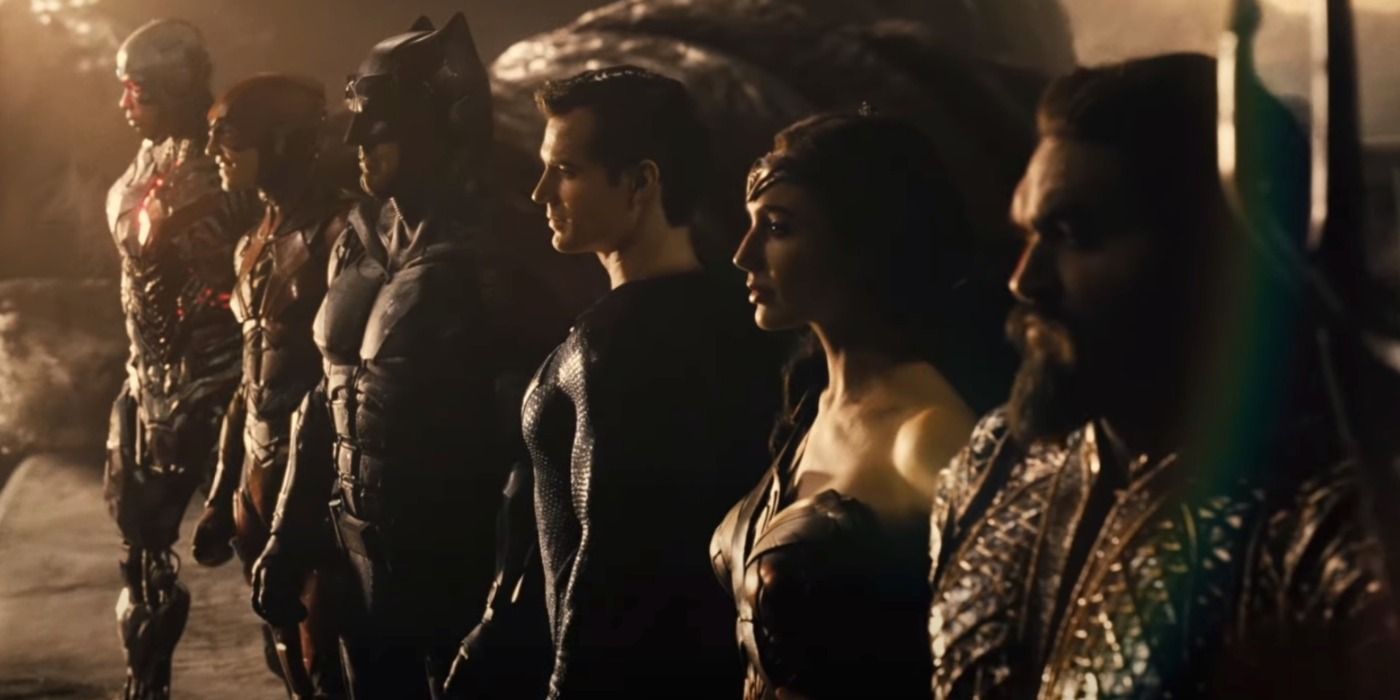
When a shared cinematic universe is happy and healthy, every film in the series gets a boost through association alone, while solo movies benefit from playing in a bigger yard and crossing over with more popular characters. Just look at the increase in buzz from Doctor Strange in 2016 and Doctor Strange in the Multiverse of Madness in 2022, now that Scarlet Witch is confirmed to appear and Benedict Cumberbatch is an official Avenger. But when a cinematic universe isn’t working, those ties become more trouble than they’re worth – a burden that holds back what might’ve been a solid standalone solo story. For reasons covered extensively elsewhere, this is where the DCEU currently finds itself.
DCEU continuity between 2013 and 2016 still stands, but remains generally unpopular with audiences, while 2017’s Justice League is considered non-canon by those who decry Joss Whedon’s changes. Zack Snyder’s Justice League revitalized his “SnyderVerse,” but remains unrecognized officially at Warner Bros, whereas the studio’s post-2017 canon feels detached from what came before (Diana forgetting her Wonder Woman 1984 powers in Batman V Superman, for example). All things considered, attempting to navigate a definitive DCEU continuity is like trying to teach King Shark advanced algebra – frustrating, futile, and likely to end in tears.
The Suicide Squad does well to give that tangled web the widest possible berth, refusing to involve itself in the increasingly convoluted question of what constitutes DCEU canon in 2021.
Franchise Storytelling Hurt 2016’s Suicide Squad
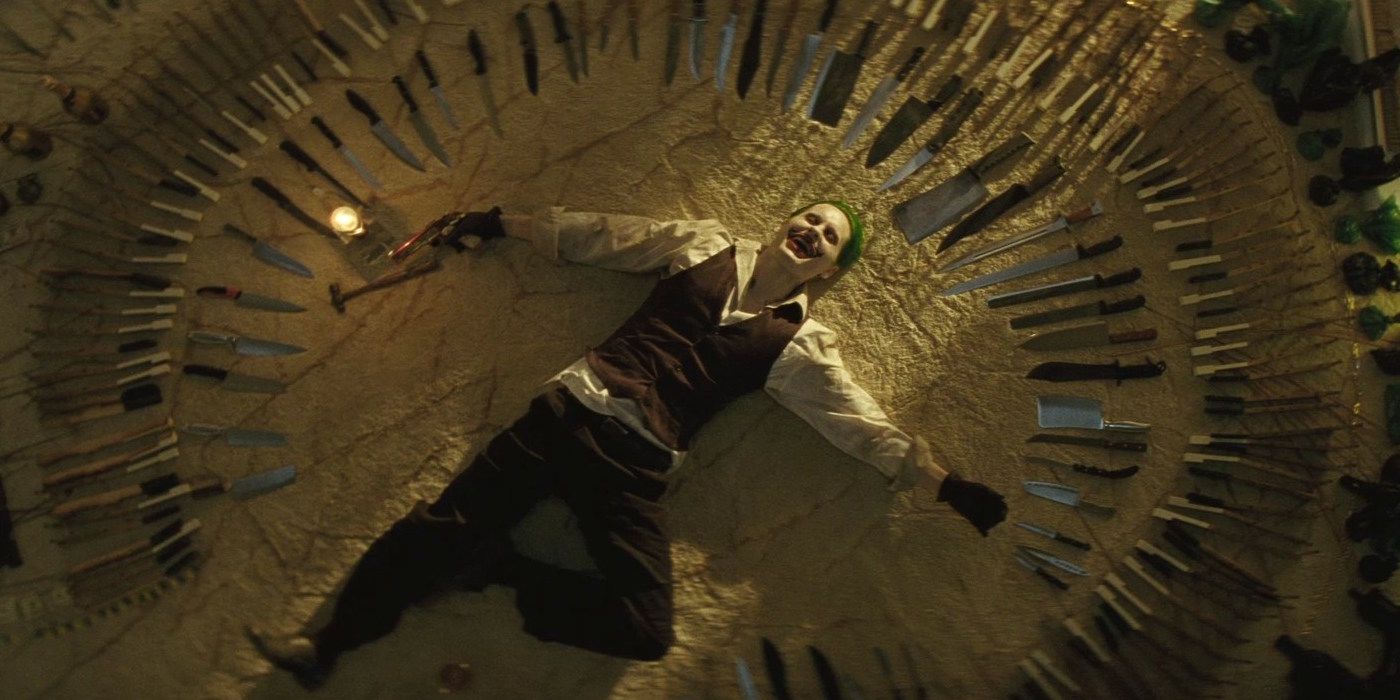
The Suicide Squad addresses many mistakes that Harley and the gang learned the hard way in 2016. Audiences complained how Suicide Squad failed to deliver on its violent premise; James Gunn wheeled out the chopping block. They said Task Force X was too tame; Warner Bros. permitted an R-rated sequel. Enchantress and Incubus’ CGI looked sub-par; Starro gets an impressive digital sheen. Another vital takeaway from Suicide Squad was avoiding arbitrary links to other DC movies following the deflating response to Jared Leto’s Joker.
Quite what Joker was doing anywhere near 2016’s Suicide Squad remains a mystery even now. Beyond the Harley Quinn connection, the Clown Prince of Crime serves precious little purpose to the main plot. It’s impossible to say whether Leto’s casting was merely a marketing stunt designed to inject an A-list character into a movie light on household names, or whether the DCEU was introducing its Joker early ahead of a larger role further down the line. Both most likely apply to some degree. Whatever the reason, most agree that Joker’s Suicide Squad appearance was an unnecessary, awkward-fitting distraction that hurt the film.
James Gunn responds by keeping The Suicide Squad‘s focus firmly on the Suicide Squad itself, rather than their famous lovers. As a crack team of dastardly criminals working secret government missions, Task Force X is inherently suited to standalone stories, and since inter-franchise connections only hindered the original movie, Gunn understandably emphasizes the “DC” more than the “EU.” The result? Well-rounded characters, a consistent tone, and a plot that doesn’t resemble The Thinker’s shower cap.
The Suicide Squad Is More Exciting Without The DCEU
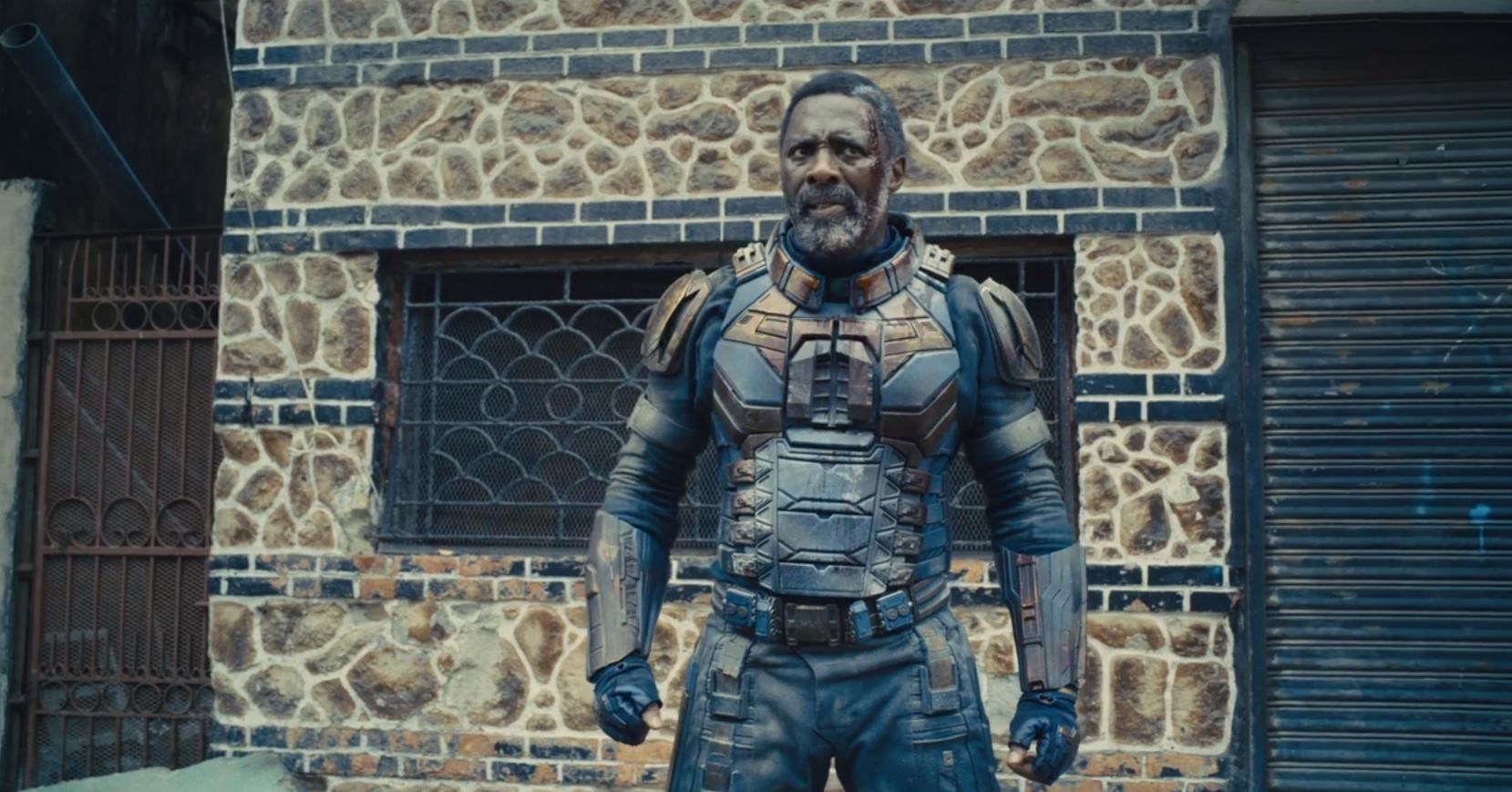
Putting DCEU continuity into timeout is one thing, brazenly contradicting it is quite another, but that’s exactly what The Suicide Squad appears to do with its Bloodsport backstory. The “shooting Superman” line was included in The Suicide Squad‘s second trailer, and fans were immediately puzzled as to when this incident occurred in existing DCEU continuity. Between the scarcity of Kryptonite and Superman’s death, when did Clark have time to get shot? James Gunn gleefully ignored this dilemma, claiming that his Superman might be Cavill’s, might not, doesn’t really matter. The Suicide Squad‘s Superman shooting is where the film really stops singing from the DCEU hymn sheet – but that’s still no bad thing.
Almost every main character in The Suicide Squad is played for laughs to a degree, and even the central team of Ratcatcher II, Peacemaker, King Shark and Polka-Dot Man are endearingly flawed. Idris Elba’s Bloodsport is the one member of the Corto Maltese squad audiences are supposed to trust – the one you’d want watching your back in a tight spot (King Shark would be an easy pick for last place). Hearing how this mere mortal put Superman in a hospital ICU immediately establishes Bloodsport as a fearsome mercenary to be taken seriously, legitimizing him in seconds more effectively than a 15-minute origin story. Admittedly, the reveal doesn’t fit neatly (or, indeed, at all) into DCEU canon, but the “rule of cool” takes precedent here. Adding Superman to Bloodsport’s hit-list is an unquestionably exciting introduction to Elba’s character.
The Suicide Squad smacks of James Gunn doing his best to avoid being restricted by DCEU canon, and Bloodsport shooting Superman is a timeline crime so big the TVA are probably waiting back at Belle Reve. Having said that, The Suicide Squad abandoning continuity works in this particular context. If the DCEU isn’t even sure what constitutes DCEU continuity, filmmakers should have enough poetic license to occasionally bend canon if it enhances their story, and Bloodsport shooting Superman is a prime example. Sure, The Suicide Squad could’ve avoided inconsistencies by using a non-DCEU hero, but sniping Booster Gold just isn’t as impressive.
Key Release Dates
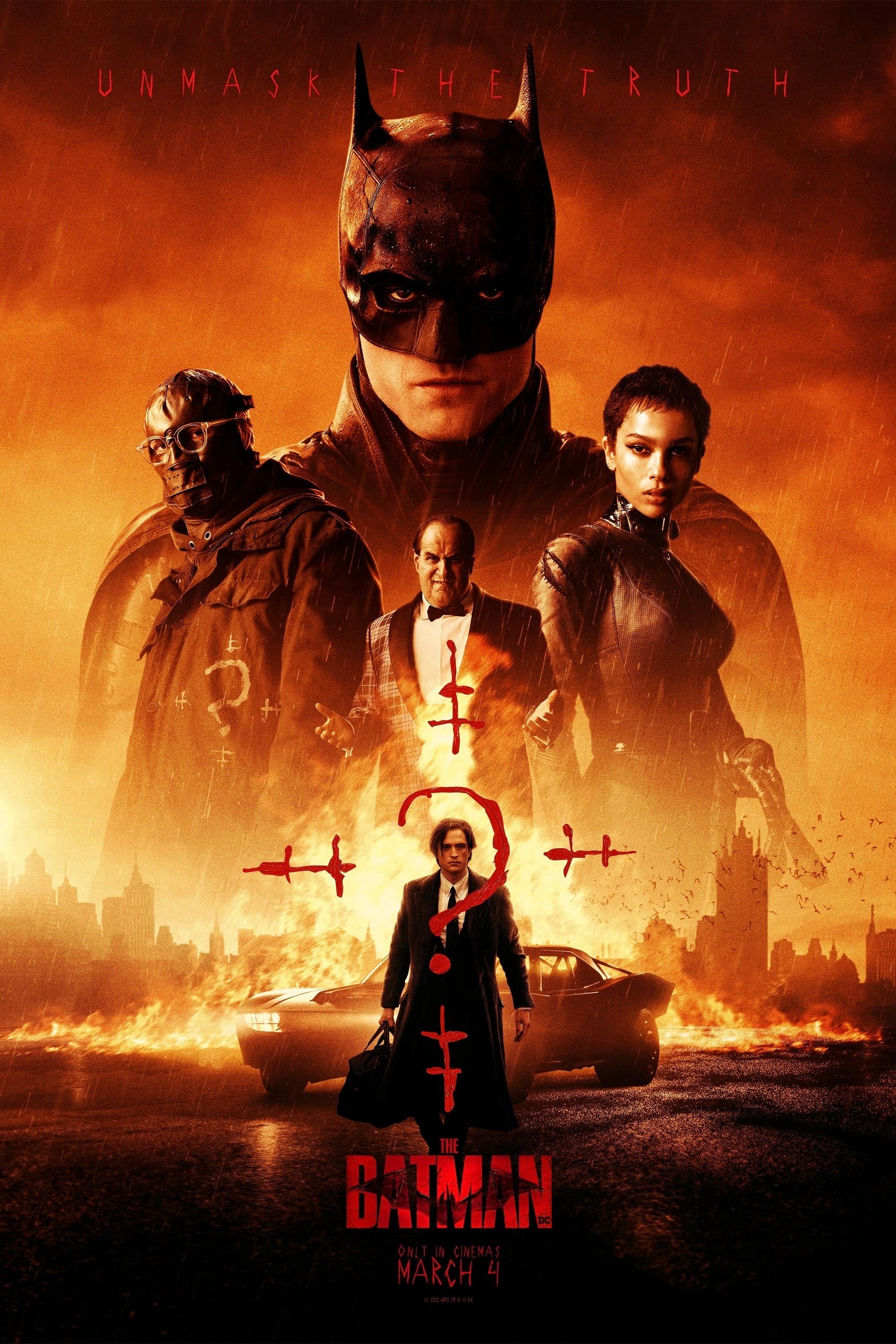
The Batman
Release Date:2022-03-04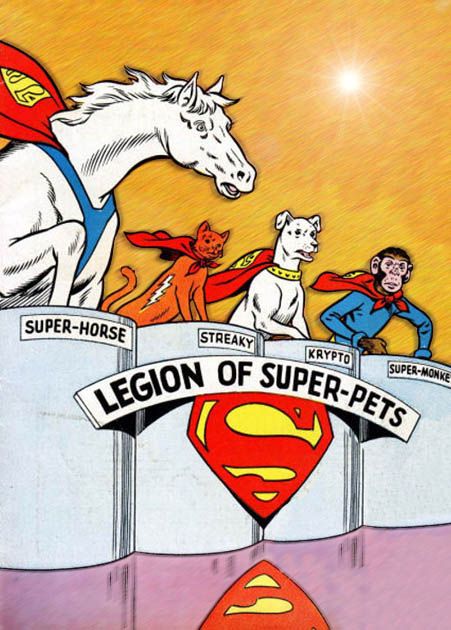
Super Pets
Release Date:2022-07-29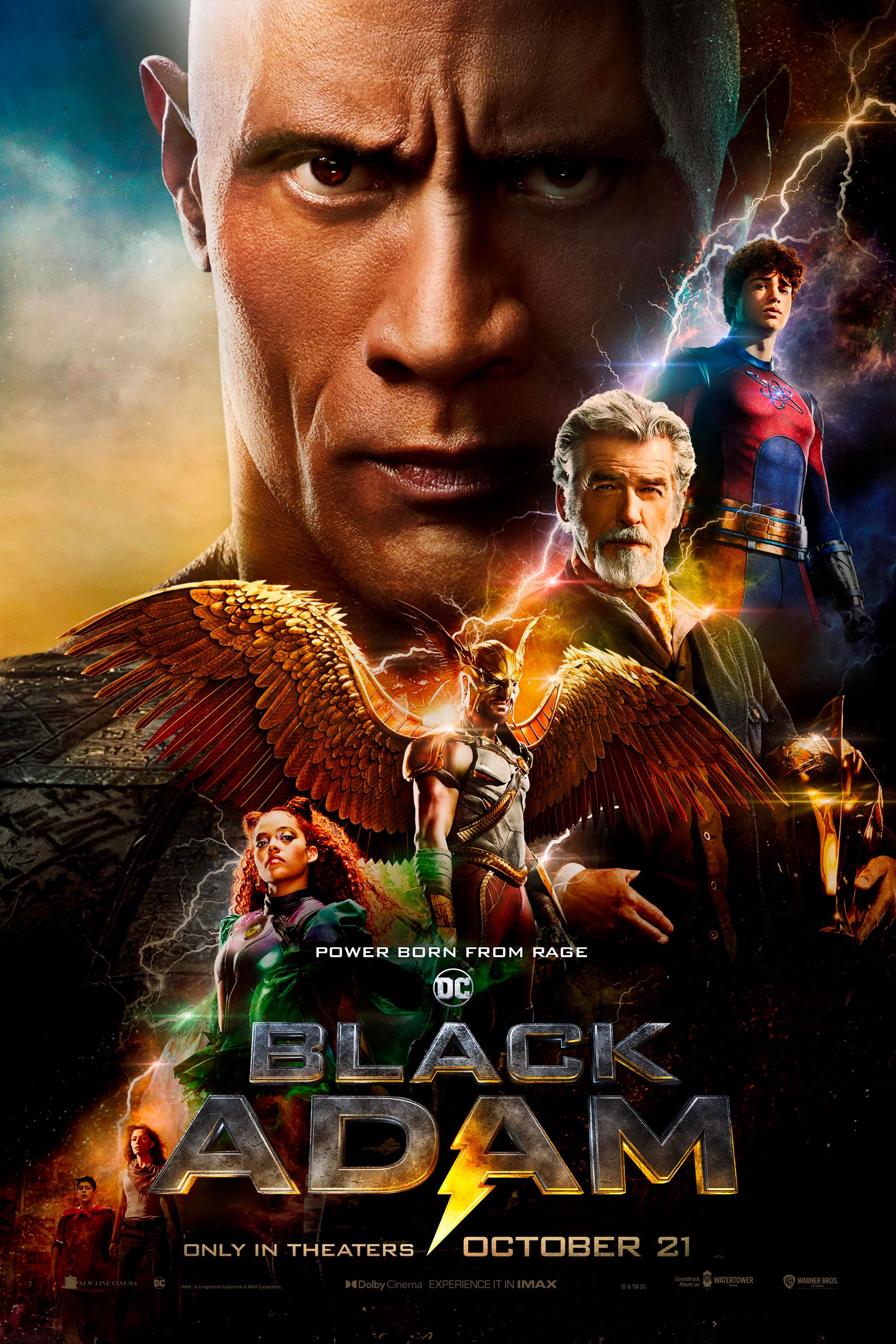
Black Adam
Release Date:2022-10-21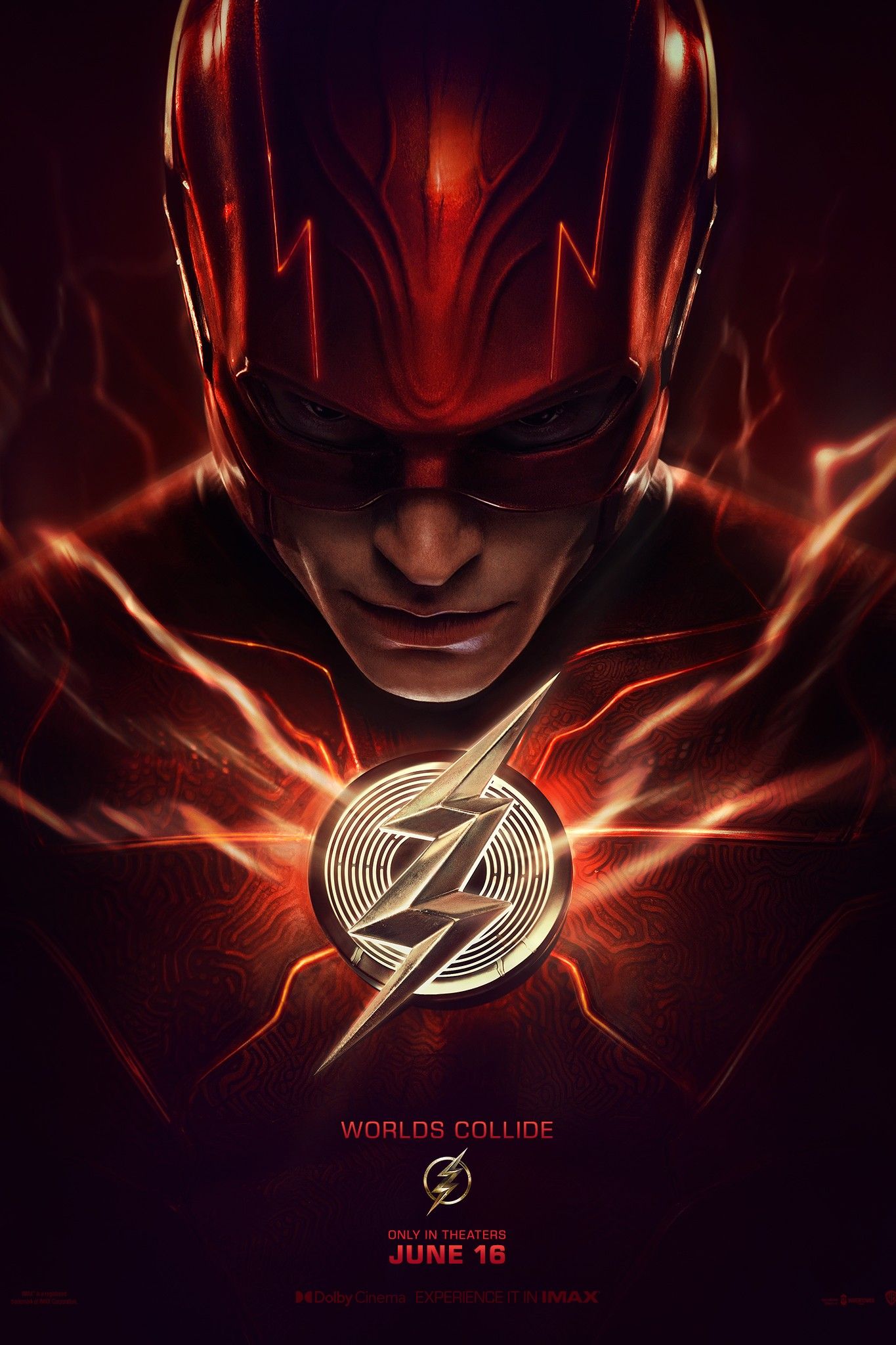
The Flash Movie2
Release Date:2023-06-16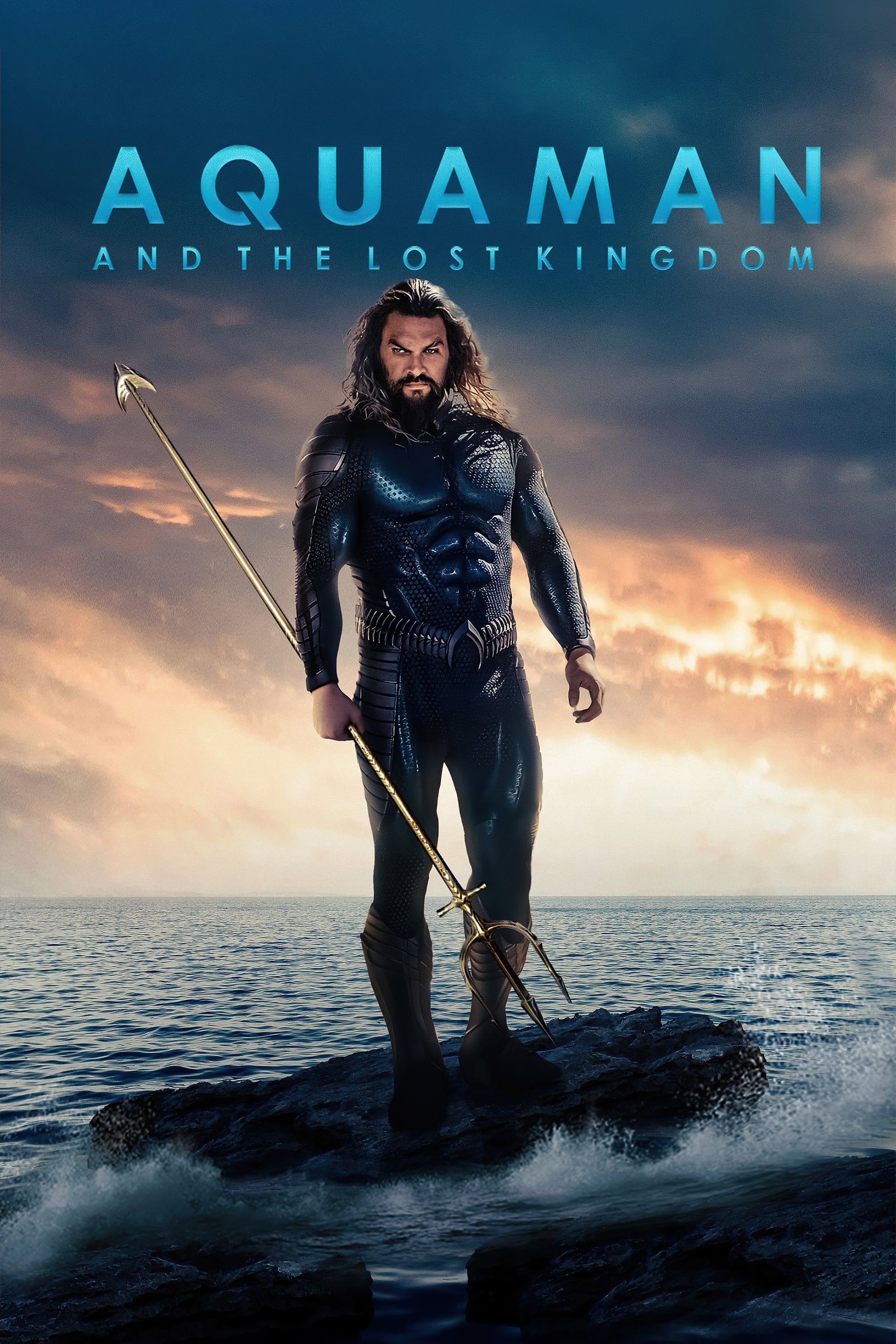
Aquaman 2
Release Date:2023-12-25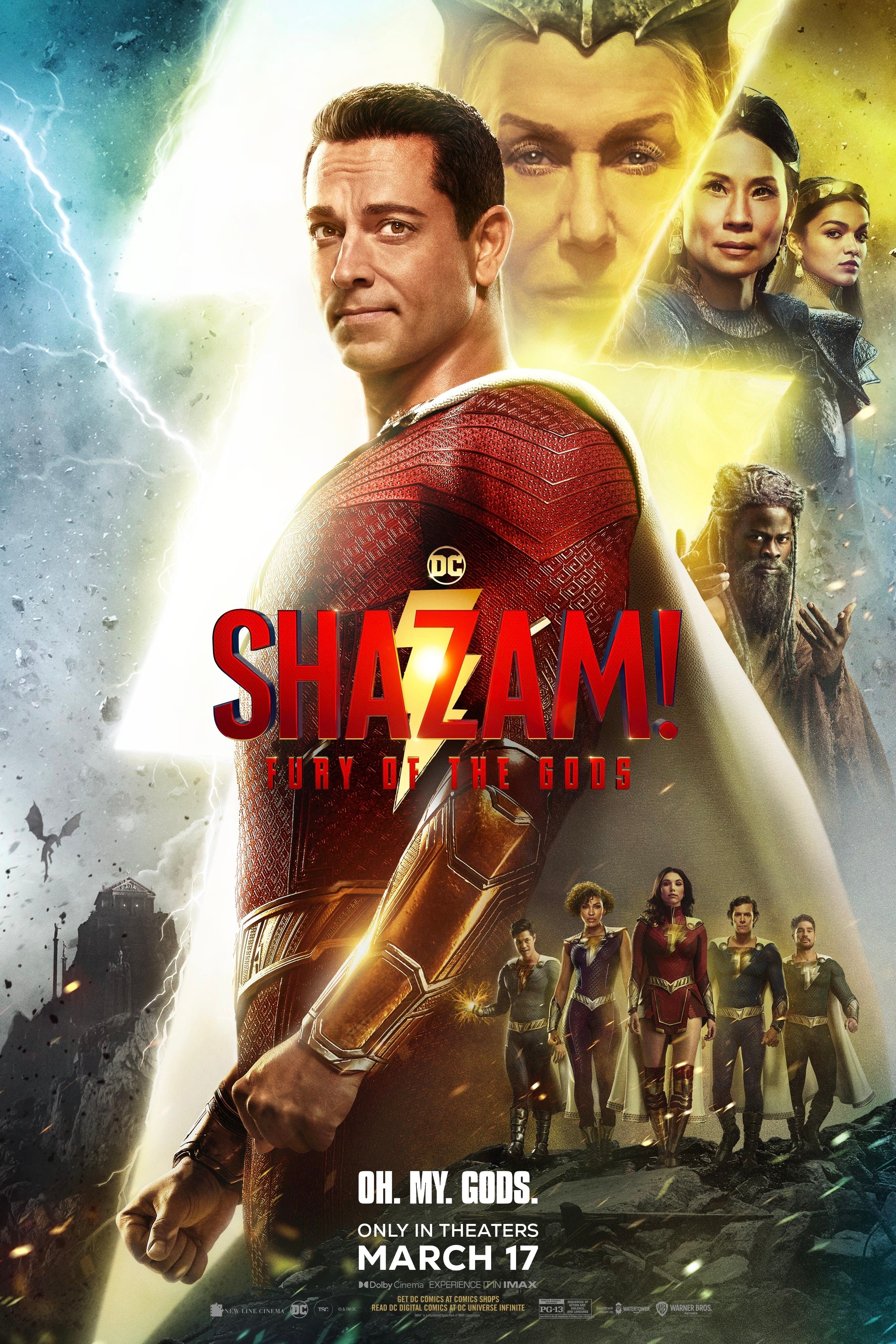
Shazam! The Fury of the Gods
Release Date:2023-03-17




